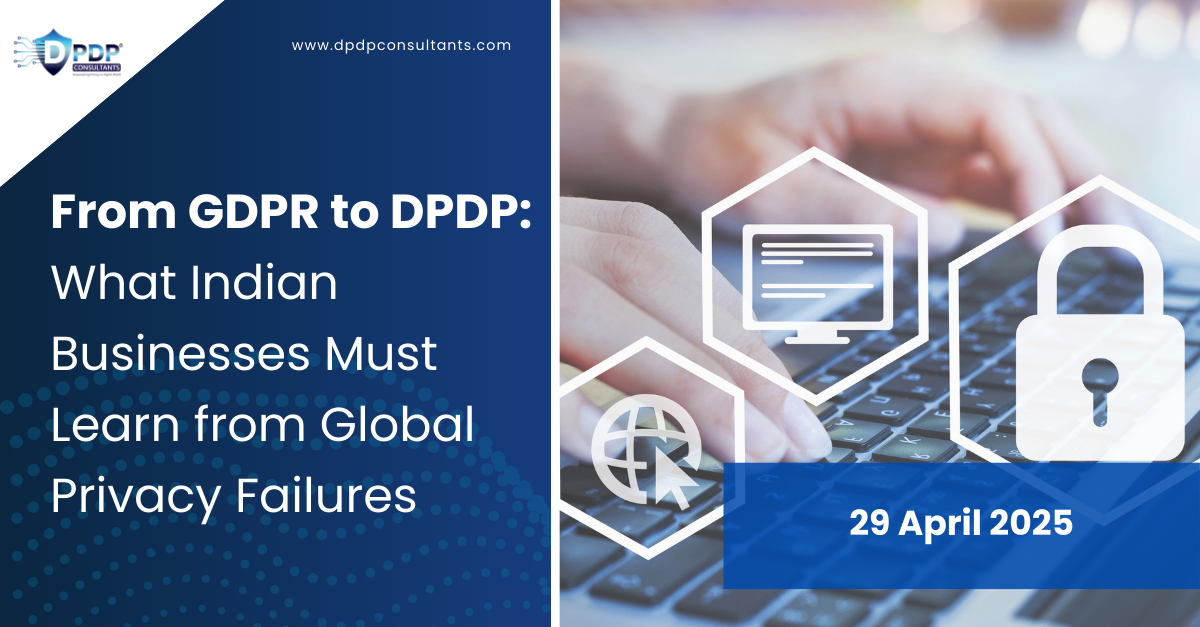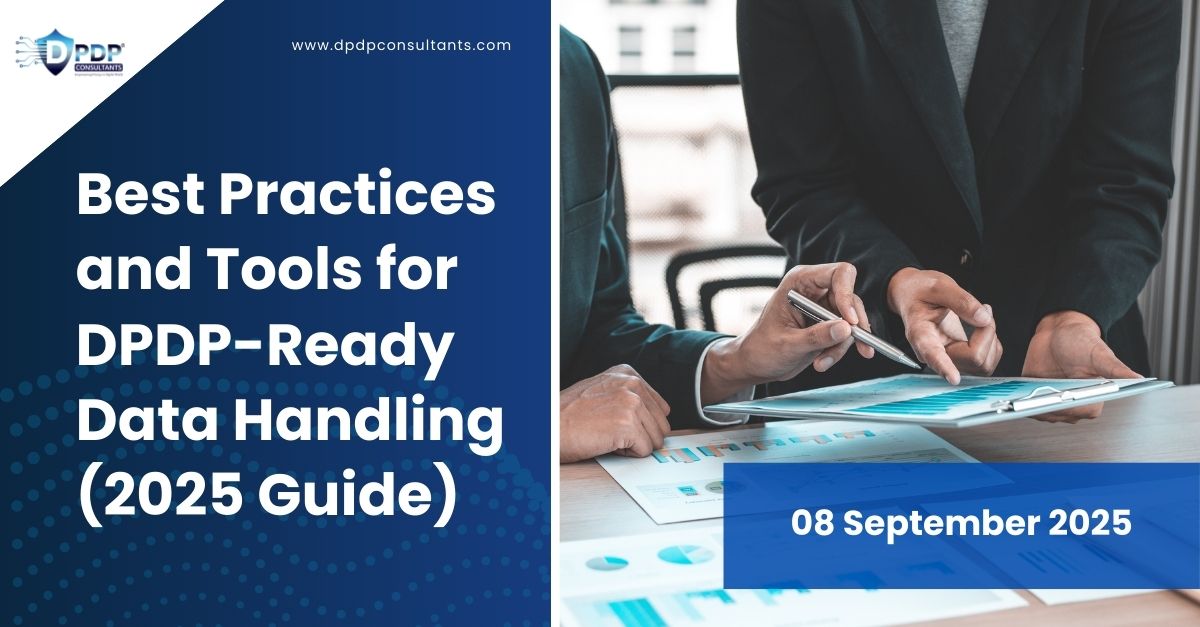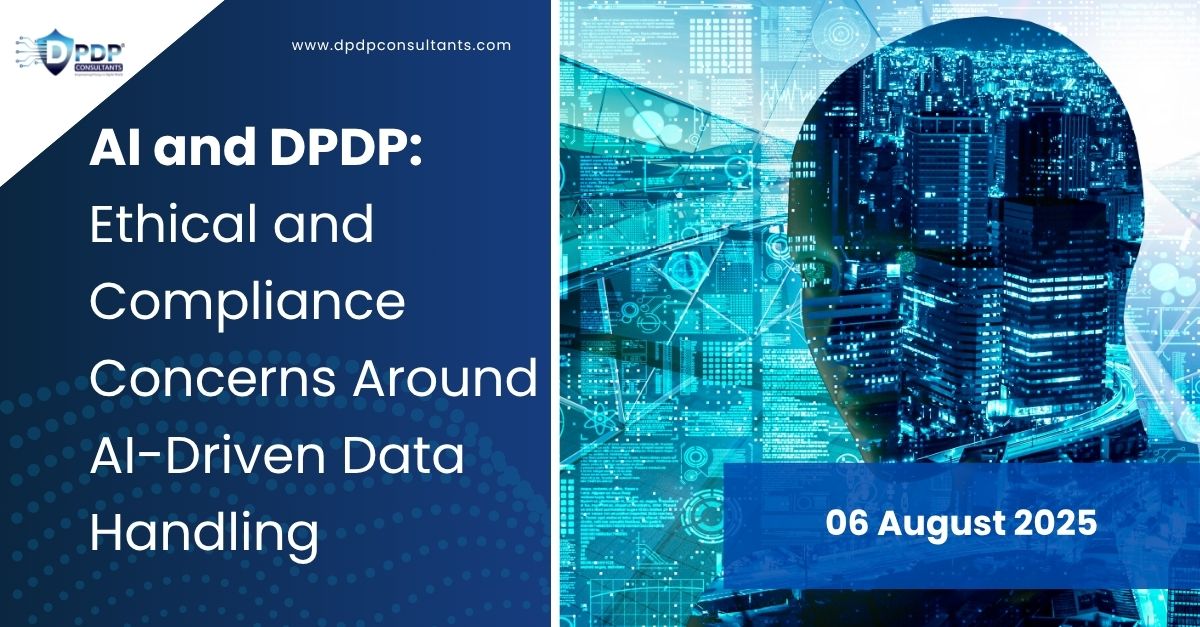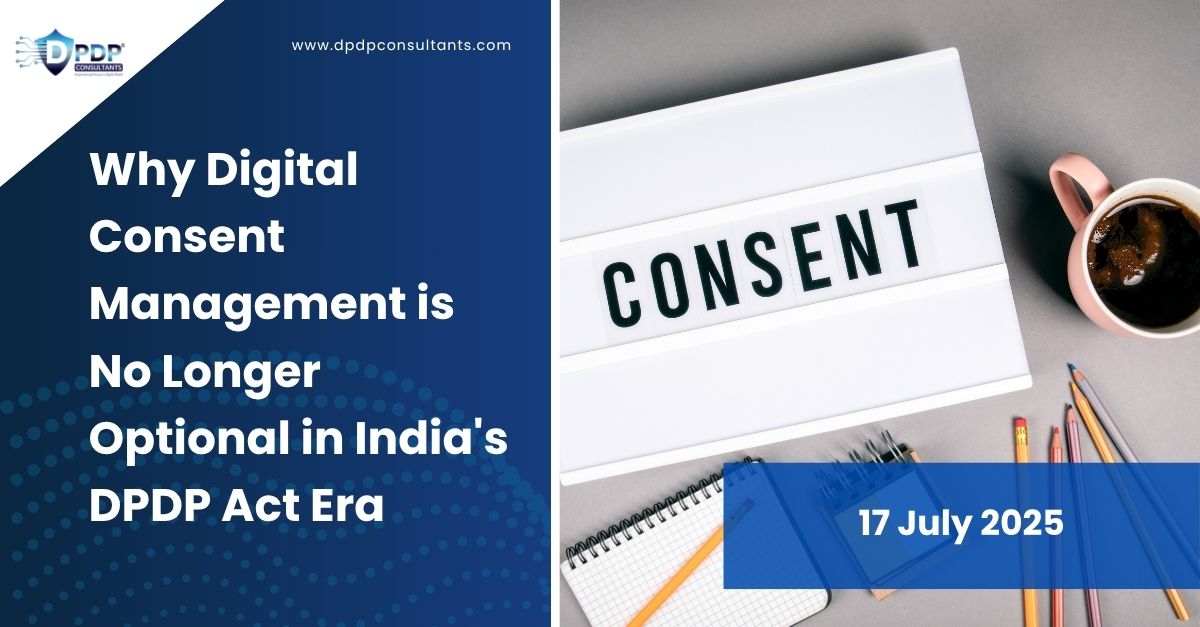In 2018, the European
Union’s General Data Protection Regulation (GDPR) set a global benchmark
for data privacy. Since then, companies worldwide have been penalized for
violations—some losing millions, others losing consumer trust forever.
Now, India’s Digital
Personal Data Protection (DPDP) Act, 2023 is following suit.
The key takeaway? Indian
businesses don’t need to start from scratch. They can (and should) learn
from the GDPR compliance missteps that cost global companies dearly.
The DPDP Act borrows
several key principles from GDPR:
- Lawful processing based on consent
- Clear notice to data principals
- Accountability of data fiduciaries
- Data breach reporting obligations
- Cross-border data transfer restrictions
In essence, GDPR has
walked so that DPDP can run. But unlike EU firms in 2018, Indian companies
today have the advantage of hindsight.
GDPR’s Most Expensive Mistakes – And the Lessons for India
Let’s examine real-life
GDPR violations that made headlines—and what Indian organizations should do
differently:
1. Meta (Facebook) – €1.2 Billion Fine (2023)
Violation: Continued transferring EU data to the U.S. using
inadequate legal mechanisms.
Why it matters for
India:
The DPDP Act empowers the central government to restrict cross-border
transfers. Businesses must ensure adequate safeguards and documented
consent for data leaving India.
What to do:
- Conduct a data flow audit to map out
transfers outside India.
- Ensure contracts and DPAs (data processing
agreements) comply with DPDP requirements.
- Stay updated on government-issued transfer
guidelines.
2. British Airways – €22 Million Fine (2020)
Violation: Cyberattack exploited security vulnerabilities,
affecting 400,000+ customers.
Why it matters for
India:
The DPDP Act mandates that companies implement reasonable security
safeguards. A breach due to negligence can attract penalties up to ₹250
crore.
What to do:
- Adopt cybersecurity frameworks like ISO 27001
or NIST.
- Maintain updated security policies, firewalls,
and encryption.
- Run regular penetration tests and
incident response drills.
3. H&M – €35.3 Million Fine (2020)
Violation: Collected excessive personal information about
employees without proper justification.
Why it matters for
India:
DPDP applies not just to customer data but also to employee and vendor data.
Unlawful collection or storage can be penalized.
What to do:
- Minimize collection to what’s necessary (data
minimization).
- Inform employees clearly of how their data is
used.
- Train HR and internal teams on lawful data
handling.
4. Google – €50 Million Fine (2019)
Violation: Lack of transparent consent and overly complex
privacy policies.
Why it matters for
India:
Under DPDP, consent must be free, informed, specific, unambiguous, and
revocable.
What to do:
- Use clear, purpose-specific consent forms.
- Avoid pre-ticked checkboxes or forced opt-ins.
- Allow users to easily withdraw consent
and delete their data.
Key DPDP Action Areas for Indian Businesses
If GDPR has taught us
anything, it’s this: compliance is a journey, not a one-time fix. Here’s where
to begin:
1. Map Your Data
- What personal data do you collect?
- Where is it stored?
- Who has access? This is the foundation of any
privacy program.
2. Redesign Consent Mechanisms
Update forms, emails,
pop-ups, and cookies to reflect the DPDP consent requirements. Be clear
about what you collect and why.
3. Review Vendor Contracts
Third-party processors
must be held to DPDP standards. You’ll be liable for their negligence.
4. Set Up Breach Response Protocols
Who will you notify? How
quickly? What evidence will you need?
Build a response playbook before a breach happens.
5. Train Your Teams
Compliance isn’t just a
legal issue—it’s operational.
Train your marketing, HR, IT, and product teams on what the DPDP Act means for
them.
Conclusion: Don’t Wait for a Fine to Take Privacy Seriously
The GDPR compliance
journey was bumpy for many global companies—delayed action led to
record-breaking fines and permanent brand damage.
Indian businesses now have
the benefit of foresight. The DPDP Act is coming into enforcement soon,
and the penalties are not just financial—they're reputational.
Whether you’re a
fast-scaling startup, a B2B SaaS player, or an enterprise with vast customer
data, compliance is no longer optional. It’s a business imperative.
How We Can Help?
We offer end-to-end DPDP
compliance services, including:
- Readiness audits
- Consent management implementation
- Privacy policy revamps
- Employee & vendor training
- Breach response planning
Let’s get your organization DPDP-ready—before it’s too late.
Contact us
for a free consultation at info@dpdpconsulants.com or visit our website DPDP Consultants





